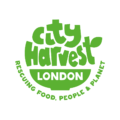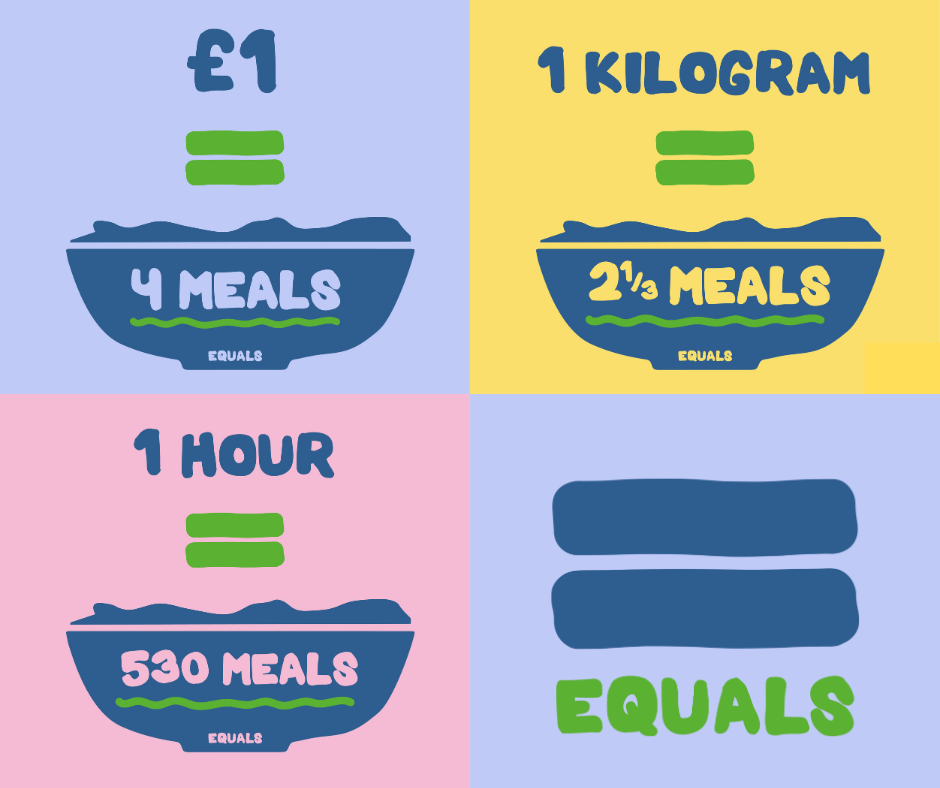Changing the business of food business for good
As someone who has been around the food and drinks industry for most of my working life, I’m heartened to see many new brands with a real sense of social purpose entering the market. While there’s always been the idea that we should all reuse, reduce, and recycle – these new brands are determined to take things further.
They are shifting the narrative around what it means for the food industry to be truly sustainable – and in doing so, they are providing the sector with a more responsible roadmap for the future. They are teaching us that progressive businesses must consider how their policies and practices will impact everybody: workers, communities, customers, and the planet.
Time for plan B
At the vanguard of this movement are B Corporations. These businesses are a network working to create a more equitable, inclusive, and regenerative economy.
They voluntarily meet the highest social and environmental performance standards – undergoing rigorous third-party vetting of their working practices. It’s a similar principle to the Fair-Trade idea employed by the coffee industry. The B Corp Certification is widely considered the gold standard for sustainable business – all highlighted with a capital ‘B’ on packaging, labelling and other materials.
There are currently over 6,000 certified B Corporations in over 80 countries worldwide. And many household names are already on the list, including those from the coffee, alcohol and catering industries.
Having worked with several B Corporations in the food sector, I’m struck by one common driver: their sense of community above all else. Each one has an unwavering belief in the power of partnership to make a positive impact – a faith that we can achieve so much more together.
Better together
One inspiring example of this partnership approach is with food distribution charity City Harvest. They work with organisations in the food business – many of them B Corporations – to tackle the issue of food waste.
It’s one of the biggest challenges facing the industry today. Currently, one-third of all food produced globally goes to waste – . That’s not just a humanitarian tragedy, it’s an environmental one too – because when we waste food, we also waste all the energy and water it takes to grow, harvest, and transport it.
But, while most food businesses understand the enormity of the problem – many lack the resources, infrastructure, and time to address it adequately. That’s where having a supportive partner comes in.
City Harvest provides businesses with an effective, trusted way to outsource their food waste for free.
The charity understands that food waste is fundamentally a logistical problem – so have put in place a sustainable supply chain to redistribute unwanted food to those that need it most. Their mission is to ‘rescue food, people and the planet…by diverting nutritious food from waste to those facing food poverty’.
They ensure that all donated food reaches the most vulnerable in the community. And provide over one million monthly meals to 350+ charities – including food banks, old peoples’ groups, and refuges for women fleeing domestic violence.
They collect from all arms of the food industry, including farms, manufacturers, wholesalers, and caterers – providing a valuable service to businesses and local communities.
I’m lucky enough to be a part of their Food Council – a group of food industry insiders who help and advise them on their valuable work.
Is there a number we can include here, to clarify this claim?
Online research gives different numbers, depending on what you’re looking at:
- 43 million in 38 countries are at risk of falling into famine or severe hunger
- 1 in 10 don’t have enough to eat
- 3.1 billion can’t afford a healthy, nutrias diet
Aligning the mission
Alongside providing food to those that need it most, City Harvest’s model directly benefits its partners in several other ways.
Not only do these businesses outsource the logistical headache of shifting surplus food, but they also save the costs of traditional disposal methods – plus dramatically reduce their carbon footprints. Did you know that food waste makes up an unbelievable 8-10% of greenhouse gas emissions?
For too long, the conventional wisdom in business has been that you need to choose between making money or doing good. But networks like B Corporations and organisations like City Harvest are rewriting that narrative.
They are showing us how the power of partnership can generate profits in a way that is better for both people and the planet – and in the process, laying the foundations for a cleaner, greener future.
If you want to learn more about donating to City Harvest, connect with me for further details or contact them directly.


